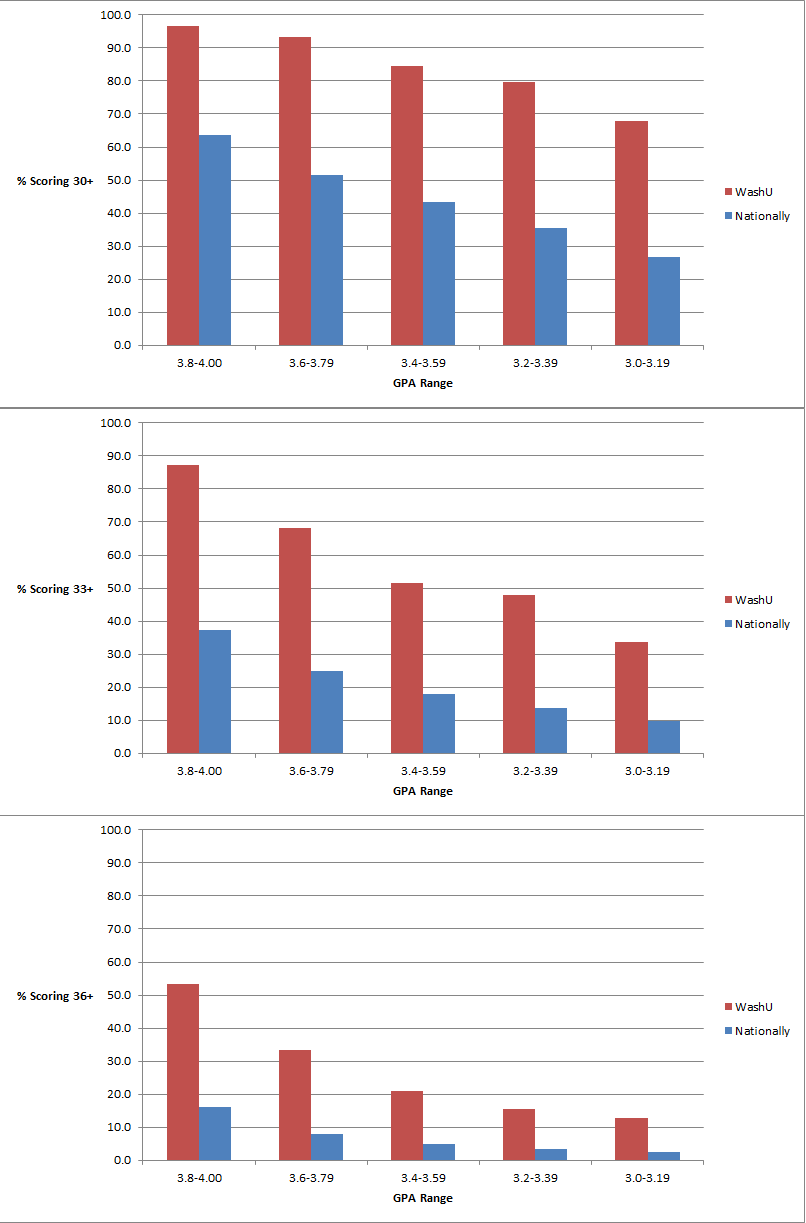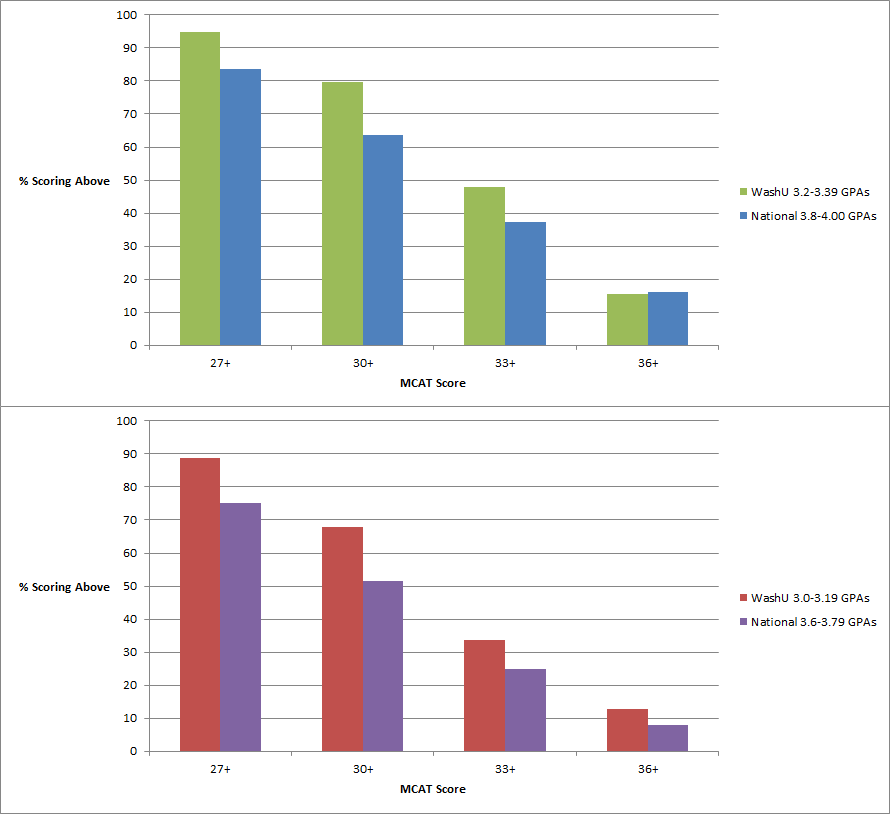- Joined
- Nov 27, 2018
- Messages
- 25
- Reaction score
- 16
My daughter is a freshman at a top 20 school pursuing premed and taking bio and gen chem this semester. Not doing that great. Is it advisable to transfer to a state school and stay closer to home? She has taken few classes(biology, calculus) at the state school during senior year high school and has got an A with very less effort. We are in a dilemma because if she stays at her current university she might not have the gpa for md school admission.
I am assuming 3.5 minimum gpa for md applications.
Any suggestions or similar experiences?
I am assuming 3.5 minimum gpa for md applications.
Any suggestions or similar experiences?


